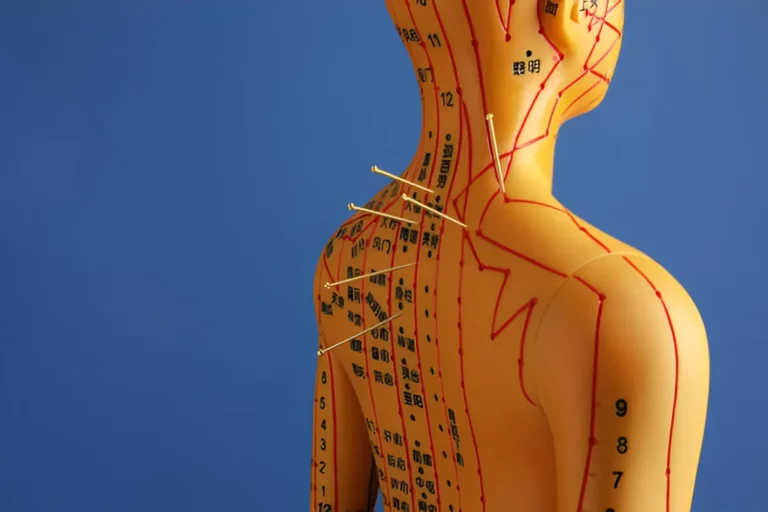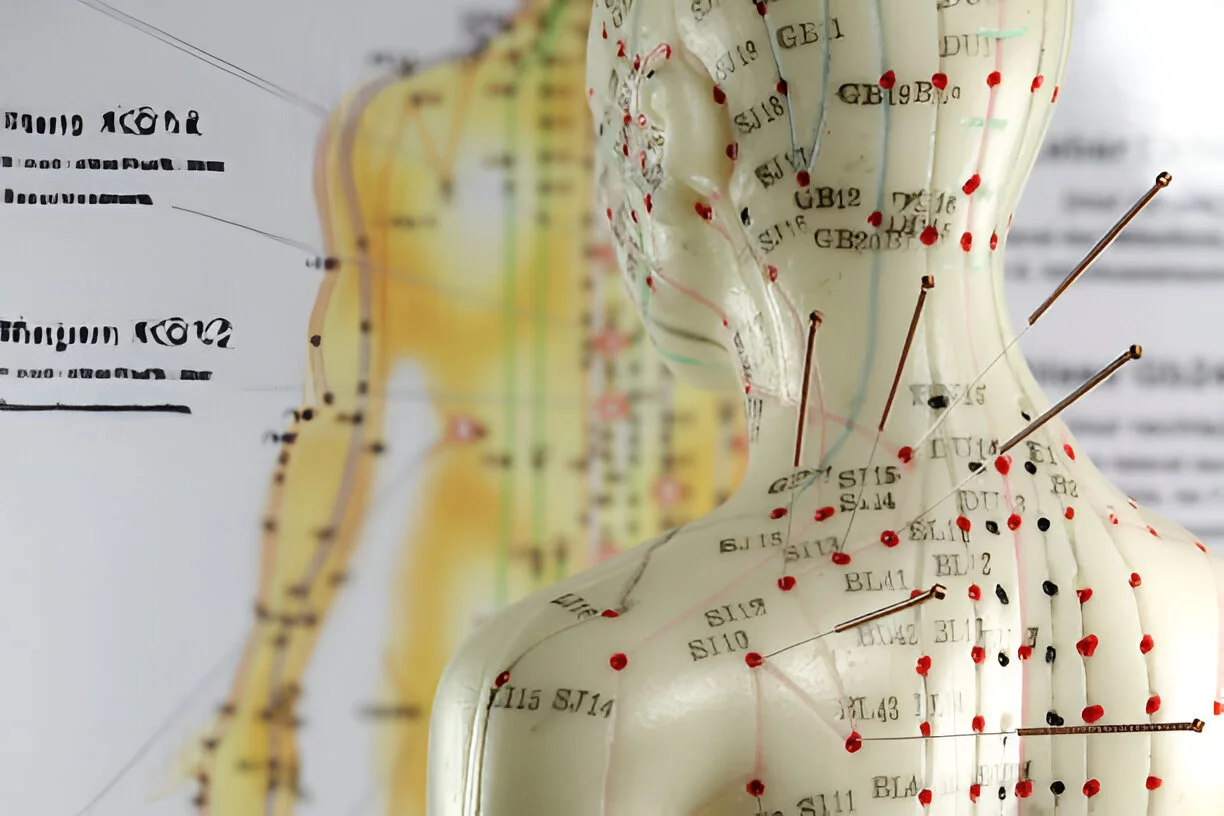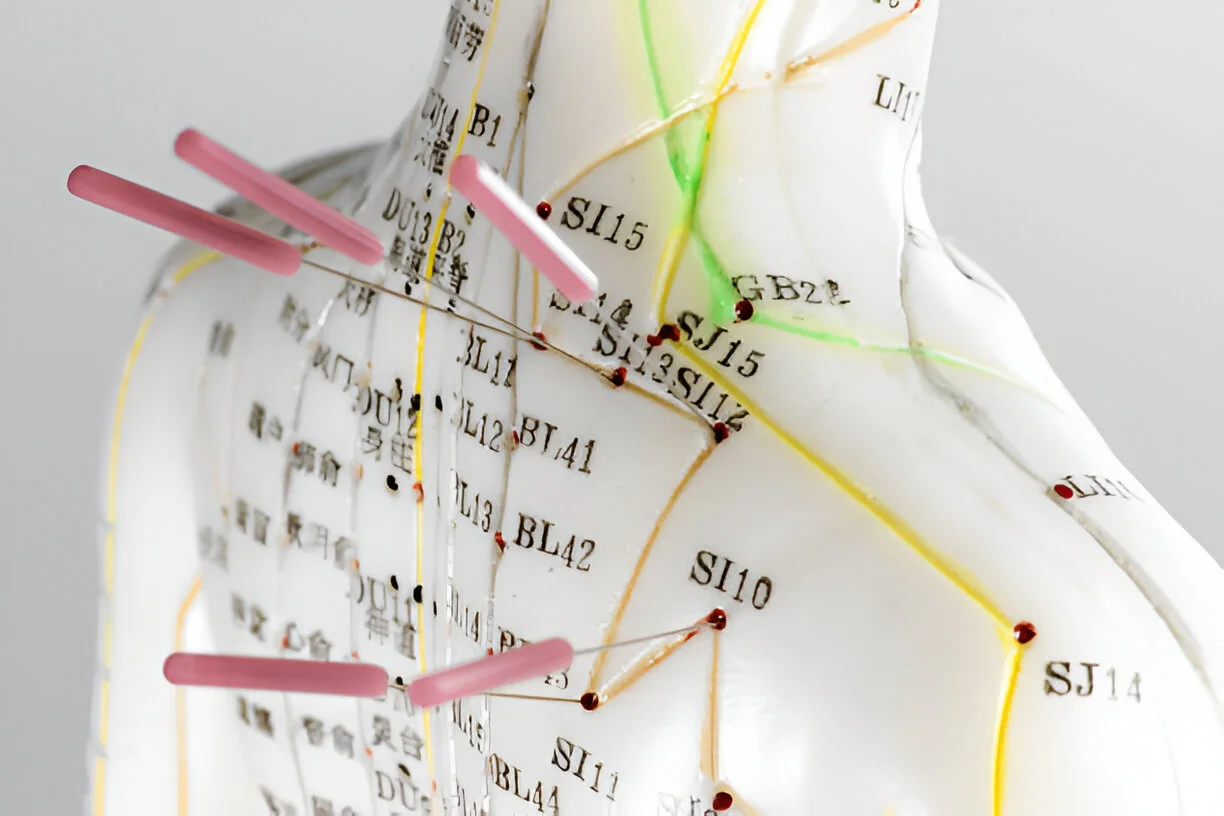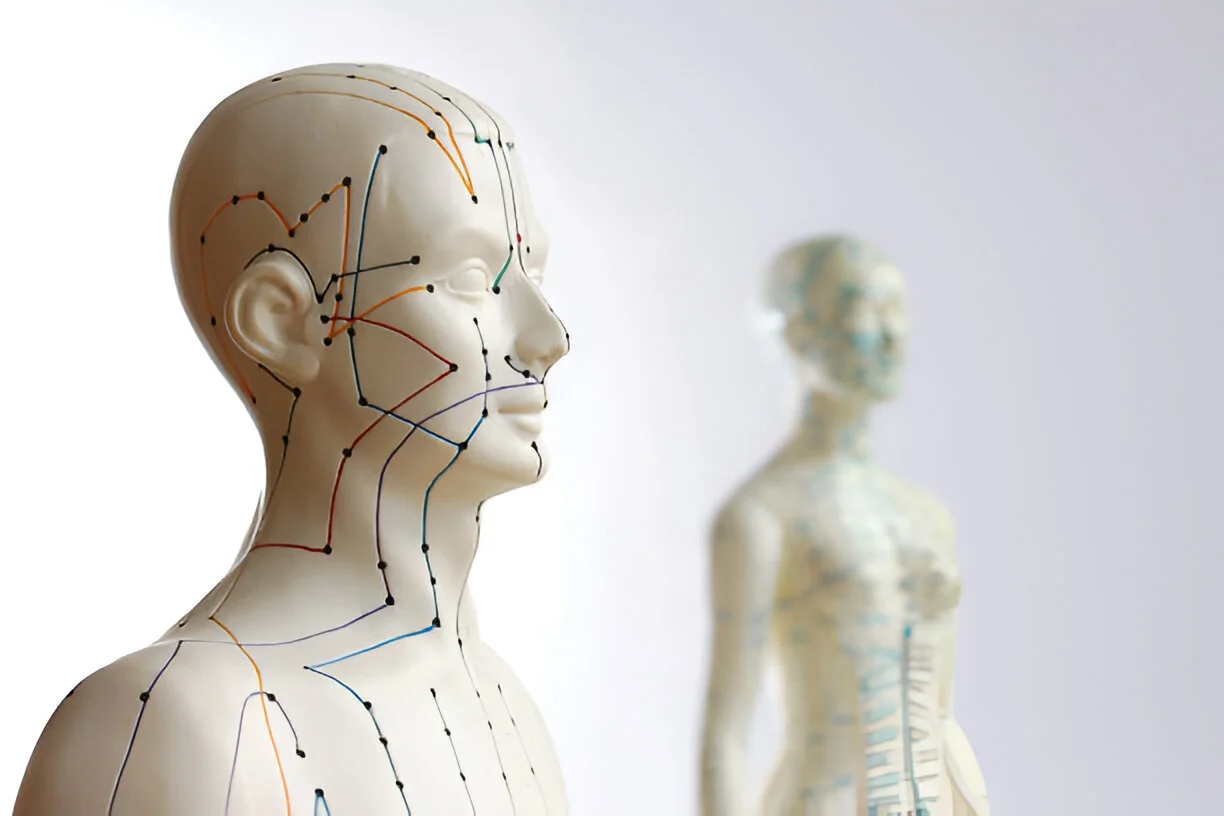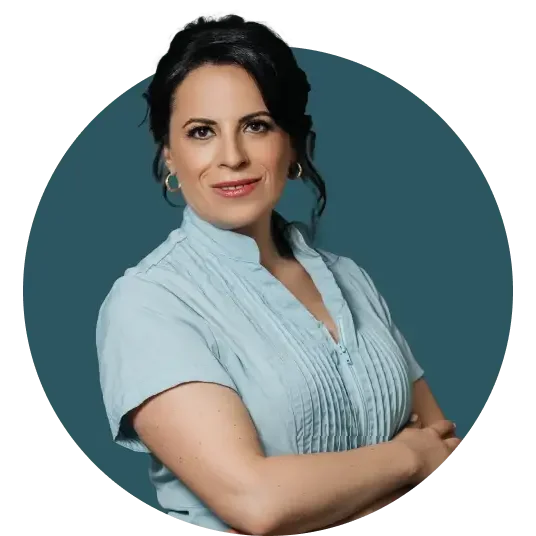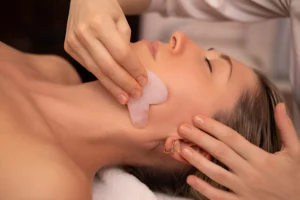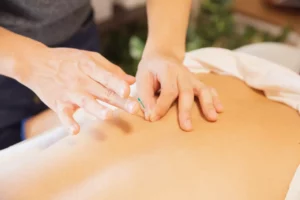Many people have superstitions and concerns about acupuncture, often fearing that it might be painful due to the use of needles. However, the reality is quite different from these common misconceptions. Understanding what acupuncture feels like can help ease these fears.
What Does Acupuncture Feel Like?
Acupuncture involves the insertion of thin needles into specific points on the body, but the sensation is typically very mild. Most people experience little to no pain when the needles are inserted. You may feel a slight pinch or a tingling sensation, but these feelings are usually brief and subtle. After the needles are in place, you may notice various sensations. Common feelings include a dull ache, a tingling sensation, or a sense of heaviness around the needle site.
Some people feel deeply relaxed or even sleepy during an acupuncture session, while others might feel a burst of energy. The overall experience of acupuncture is often described as calming and restorative, with many people finding it pleasant. But if you feel worse after acupuncture it may be necessary to consult with your acupuncturist.
What To Expect During Your First Acupuncture Session?
During your first acupuncture in Brooklyn session, you can expect a consultation where the acupuncturist will ask about your health history and specific concerns. This helps them determine the best treatment plan for you. The actual acupuncture process involves inserting very thin needles into specific points on your body. While some people worry that acupuncture hurts, most find the sensation to be minimal, typically describing it as a slight pinch or tingling. After your first session, it’s possible to experience mild bruising from acupuncture at the needle sites, but this typically fades quickly.
Read Also: Acupuncture: What You Need To Know
What Does it Mean When Acupuncture Hurts?
Pain during acupuncture usually means that the needle has hit a sensitive spot or a small nerve. This sensation is typically brief and should ease quickly. It’s important to communicate with your acupuncturist if you feel significant discomfort. They can adjust the needle’s position to ensure a more comfortable experience.
Mild discomfort or a slight ache can be a normal part of the treatment, indicating that the needle is stimulating the intended acupuncture point. However, intense or sharp pain is not typical and should be addressed immediately. Overall, effective communication with your acupuncturist ensures a more comfortable and beneficial session.
Do Some Acupuncture Points Hurt More Than Others?
Some acupuncture points can hurt more than others. This variation in sensation often depends on the location of the point and the individual’s sensitivity. Points located on more sensitive areas, such as hands, feet, and face, might feel more tender compared to those on the back or legs.
The level of discomfort can also vary based on the underlying muscle tension or the presence of a condition being treated. For instance, if there is inflammation or tightness in the area, the needle insertion might feel more intense.
However, any pain is usually brief and subsides quickly. Communicating with your acupuncturist about your comfort level is important. They can adjust their technique to minimize discomfort and ensure that your acupuncture experience is as pleasant and effective as possible.
Read Also: What to Wear to Acupuncture
Is it Normal to Be Sore After Acupuncture?
It is normal to experience some soreness after acupuncture. This soreness is typically mild and localized around the areas where the needles were inserted. The sensation is similar to how your muscles might feel after a workout, and it typically subsides within a day or two.
Soreness and pain after acupuncture occurs because the needles stimulate the muscles and tissues, which can cause a temporary response as the body adjusts to the treatment. Some people might also notice slight bruising at the needle sites, but this is generally not a cause for concern and fades quickly.
To help ease soreness after acupuncture, you can apply a warm compress to the affected areas and engage in gentle stretching. If the soreness persists or becomes severe, it’s a good idea to discuss it with your acupuncturist.
Who Can Perform Acupuncture?
Acupuncture should be performed by a licensed and trained professional known as an acupuncturist. In many countries, including the United States, acupuncturists must complete a special education and training program, often earning a master’s or doctoral degree in acupuncture and Oriental medicine. They learn about anatomy, physiology, and traditional Chinese medicine principles.
After completing their education, acupuncturists must pass a national certification exam and obtain a state license to practice. This ensures they have the necessary skills and knowledge to perform acupuncture safely and effectively.
In addition to a licensed acupuncturist, some other healthcare professionals can perform acupuncture, such as:
- Medical doctors with an appropriate certification.
- Chiropractors.
- Some other healthcare providers, but licensing and certification are as important.
It’s important to verify that your practitioner is properly credentialed and experienced to ensure you receive safe and effective treatment.
Painless Acupuncture at Pulse Acupuncture by Marina Doktorman, L. Ac.
At Pulse Acupuncture, with locations in Clifton, NJ, and Williamsburg, Brooklyn, Marina Doktorman, L.Ac., offers a range of safe and effective acupuncture treatments. Marina specializes in various acupuncture techniques, such as cosmetic acupuncture, esoteric acupuncture, auricular acupuncture, electro acupuncture, and other alternative medicine services.
Marina’s expertise ensures a painless and comfortable experience, whether you’re seeking acupuncture in Brooklyn or Clifton. Her gentle approach and extensive knowledge make each session both relaxing and useful.
After your treatment, Marina will provide detailed acupuncture aftercare instructions to maximize the benefits and ensure a smooth recovery, in case you require this guidance. This might include tips on staying hydrated, avoiding strenuous activities, and applying gentle heat to the treated areas if needed.
At Pulse Acupuncture, Marina Doktorman provides personalized care tailored to your unique needs, supporting you in achieving optimal health and well-being.
Does Acupuncture Hurt? – FAQ
Does Acupuncture Hurt?
Acupuncture generally does not hurt. The needles used are very thin, much thinner than those used for injections or blood draws. Most people feel only a slight sensation as the needle is inserted, which is often described as a mild pinch or a feeling of pressure. Once the needle is in place, you may feel a dull ache, warmth, or a sensation of heaviness, but pain is uncommon.
What Does Acupuncture Feel Like?
Most people find acupuncture to be relaxing. The insertion of the needles may be slightly uncomfortable, but once they are in place, you might feel a sense of calm or a tingling sensation. Many people even fall asleep during their sessions.
Are There Any Side Effects or Risks of Acupuncture?
Acupuncture is generally safe when performed by a licensed and trained practitioner. Side effects are rare but may include minor bruising, soreness, or slight bleeding at the needle insertion sites. Some people may also feel lightheaded or fatigued after a session, but these effects are usually short-lived.
-
Marina Doktorman, M.S., L.Ac., is an experienced acupuncturist who obtained her Masters of Acupuncture from the Tri-State College of Acupuncture in New York City in 2001. During her studies, she focused on Chinese Herbology, a branch of Traditional Chinese Medicine (TCM) that utilizes herbs to complement acupuncture treatments. Marina is licensed in both New York (NY) and New Jersey (NJ) and holds a Diplomate of Acupuncture from the National Certification Commission for Acupuncture and Oriental Medicine (NCCAOM), indicating her expertise in the field.


